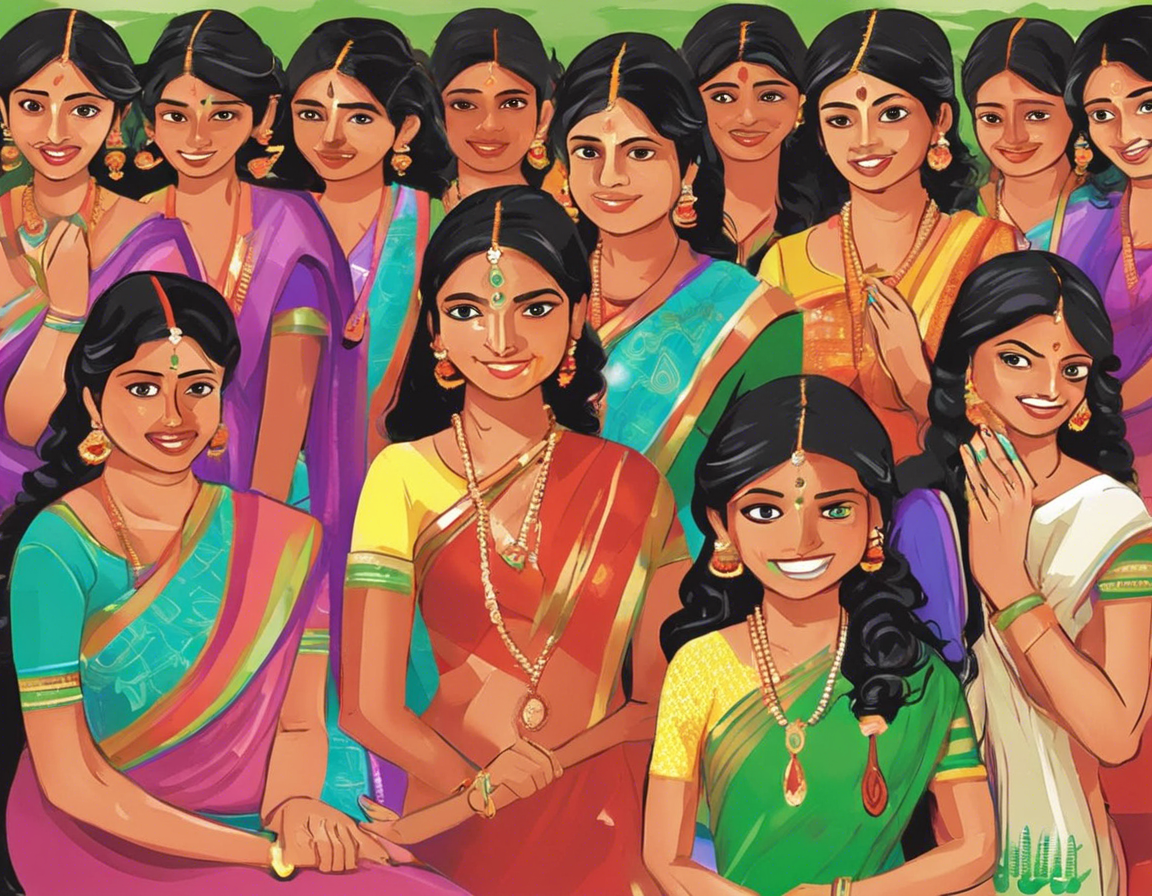Introduction
In a world where gender equality is still a distant dream for many, empowering women and ensuring their safety and well-being are crucial steps towards progress and development. Women face numerous challenges and vulnerabilities due to societal norms, discrimination, and violence. In such circumstances, having a Mahila Helpline Number can provide much-needed support and assistance to women in distress.
What is a Mahila Helpline Number?
A Mahila Helpline Number is a dedicated helpline service that offers support, guidance, and assistance to women facing various issues such as domestic violence, harassment, abuse, and discrimination. These helpline numbers are typically toll-free and available 24/7 to ensure immediate help to women in need.
Importance of Mahila Helpline Numbers
-
Safety and Support: Mahila Helpline Numbers provide a safe space for women to seek help and support in times of distress.
-
Confidentiality: Women can reach out to these helplines anonymously, ensuring confidentiality and privacy in sensitive situations.
-
Legal Assistance: Helpline operators are trained to provide legal information and guidance to women seeking help with legal matters.
-
Psychological Support: Women facing emotional or psychological issues can receive counseling and support through these helplines.
-
Empowerment: By reaching out for help, women are empowered to take control of their lives and seek assistance in challenging situations.
Types of Assistance Provided
-
Domestic Violence: Women experiencing domestic violence can seek help through these helplines to find shelter, legal assistance, and counseling.
-
Harassment and Abuse: Women facing harassment or abuse at home, work, or public spaces can report incidents and receive support.
-
Legal Guidance: Helplines provide information on legal rights, procedures, and support for women dealing with legal issues.
-
Health and Well-being: Women can receive information on healthcare services, counseling, and support for mental and physical well-being.
-
Financial Assistance: Helplines may provide information on financial aid, shelters, and resources for women in need.
How to Access Mahila Helpline Numbers
-
Toll-Free Numbers: Mahila Helpline Numbers are usually toll-free and accessible from anywhere in the country.
-
Online Platforms: Some helplines offer online chat support or email services for women who prefer to seek help virtually.
-
Mobile Apps: There are mobile applications available that provide access to helpline services and resources for women in distress.
-
Local Resources: Women can also reach out to local women’s shelters, police stations, or NGOs for assistance.
Role of Mahila Helpline Operators
-
Training: Helpline operators are trained to handle various situations sensitively and provide appropriate support to women.
-
Empathy: Operators offer a listening ear and empathetic support to women, validating their experiences and emotions.
-
Resource Referral: They can connect women to relevant resources such as shelters, legal aid, healthcare services, or counseling.
-
Crisis Intervention: Operators are equipped to handle emergency situations and provide immediate help to women in crisis.
-
Follow-Up: Helpline operators may follow up with women to ensure they receive ongoing support and assistance.
Challenges and Solutions
-
Limited Awareness: Many women may not be aware of the existence of Mahila Helpline Numbers. Solution: Increase awareness through campaigns, educational programs, and community outreach.
-
Stigma and Fear: Women may hesitate to seek help due to societal stigma or fear of repercussions. Solution: Ensure confidentiality and non-judgmental support to encourage women to come forward.
-
Resource Constraints: Helplines may face challenges in terms of staff availability and funding. Solution: Collaborate with government agencies, NGOs, and corporations to secure funding and resources for helpline services.
-
Language Barriers: Women from diverse linguistic backgrounds may face challenges in accessing helpline services. Solution: Provide multilingual support and interpreter services for women in need.
-
Follow-Up Support: After initial contact, women may require ongoing support and follow-up services. Solution: Implement systems for follow-up calls, referrals, and continued support for women in distress.
Frequently Asked Questions (FAQs)
- What is the importance of a Mahila Helpline Number?
A Mahila Helpline Number provides women with immediate support, guidance, and assistance in times of distress, empowering them to seek help and support.
- Are Mahila Helpline Numbers confidential?
Yes, helplines ensure confidentiality and privacy for women seeking assistance, allowing them to reach out for help without fear of judgment or disclosure.
- What types of assistance can women receive from Mahila Helplines?
Women can seek assistance for various issues such as domestic violence, harassment, legal guidance, health and well-being support, and financial assistance through these helplines.
- How can women access Mahila Helpline Numbers?
Women can access Mahila Helpline Numbers through toll-free phone calls, online platforms, mobile apps, and local resources such as women’s shelters and NGOs.
- What training do Mahila Helpline operators receive?
Helpline operators are trained to handle sensitive situations, provide empathetic support, offer resource referrals, intervene in crises, and follow up with women to ensure ongoing assistance.
- How can awareness about Mahila Helpline Numbers be increased?
Awareness about Mahila Helpline Numbers can be raised through awareness campaigns, educational programs, community outreach, and collaborations with media and civil society organizations.
In conclusion, Mahila Helpline Numbers play a crucial role in empowering women, providing them with a lifeline in times of crisis and ensuring their safety, well-being, and rights are protected. By creating awareness, expanding resources, and offering sensitive and timely support, these helplines can make a significant impact in promoting gender equality and women’s empowerment.
